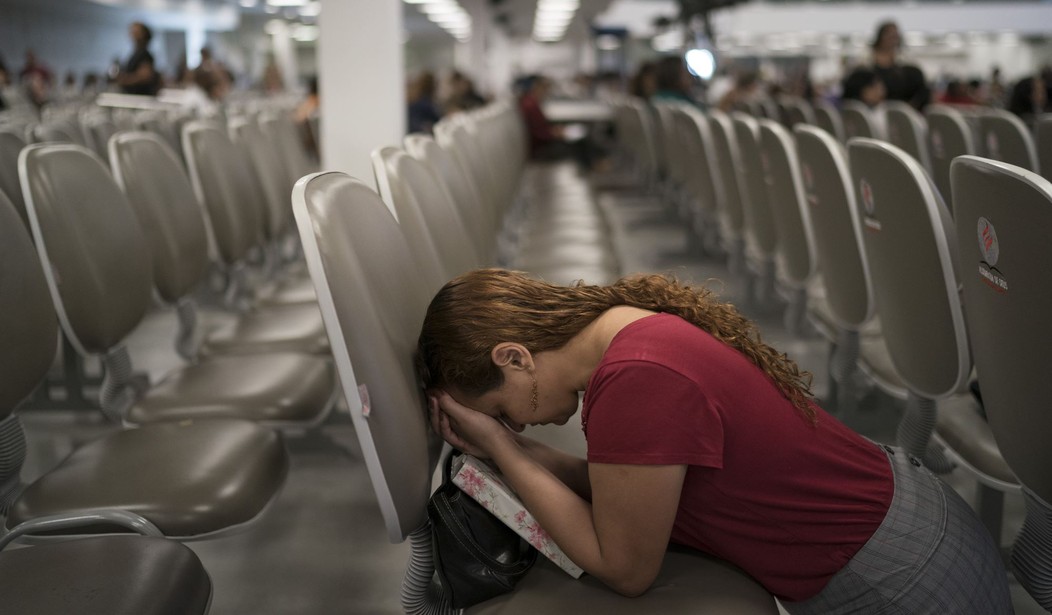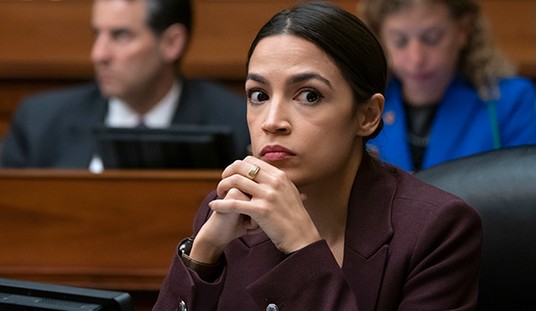"Is forgiveness and being forgiven an important part of gratitude?"
I was asked this question around the same time that Bishop Mar Mari Emmanuel, an Iraqi-born Assyrian bishop in Sydney, released a statement from a hospital, forgiving a teenager who stabbed him during Mass.
I was in Manhattan talking about gratitude as a civic virtue as part of a traveling National Review forum. There's always something different about every session in the different cities. But this audience really stood out.
They wanted to talk about religious faith. They wanted to know how to forgive and be forgiven! They wanted to talk about virtue, and family.
Uptown around the same time, people were protesting Israel as Passover was about to begin. How do you forgive Hamas? Can you forgive Hamas? Those questions are probably above my pay grade. And that wasn't what was being asked around our discussion table that night; the topics were closer to home.
So, do you have to forgive to be grateful? Do you have to be open to receive forgiveness? Absolutely. Because you can't be grateful without humility.
What if I told you that question about forgiveness could be applied to our politics? It sounds radical, I know, but maybe it's not the craziest thing in the world.
"I urge the faithful to not respond to these events with fear, avoiding places of worship because they are worried about further attacks, nor with anger, engaging in acts of reprisal or revenge," the Catholic archbishop in Sydney, Anthony Fisher, said in response to the attack on Emmanuel and another priest. "The best response to violence and fear is prayer and peace."
Recommended
Peace seems foreign to our lives. It's not just the various wars and conflicts. How about our hearts? That's what struck me: To be in Manhattan, at, frankly, a high-end club having a conversation about first principles of how to live together in a democratic republic, and everyone wanted to talk about virtue and forgiveness.
One of the readings I include for our gratitude sessions quotes families of people who were murdered during the ISIS genocide on Iraqi and Coptic Christians who were beheaded in Libya in 2015. Their forgiveness of those who brutally killed their loved ones is jarring. They testify to the fact that when you truly forgive, you are grateful for not only what you have been given, but for the opportunity to forgive others and even to perform ridiculous acts of charity and sacrifice for them.
We can't even forgive people who disagree with us on social media these days. And that isn't even what matters most, as my new friends in New York reminded me. None of us was stabbed during Mass or violently persecuted for our religion. But there are things -- and they may be politically related, but they probably run deeper -- that we all need to forgive or be forgiven for. It will make us more grateful. It will help with peace and joy. It will help us live more loving, impactful lives. With forgiveness and gratitude, we might not leave the most hurtful, intimate issues to politics -- we might actually encounter one another with love, instead.
(Kathryn Jean Lopez is senior fellow at the National Review Institute, editor-at-large of National Review magazine and author of the new book "A Year With the Mystics: Visionary Wisdom for Daily Living." She is also chair of Cardinal Dolan's pro-life commission in New York, and is on the board of the University of Mary. She can be contacted at klopez@nationalreview.com.)

























Join the conversation as a VIP Member